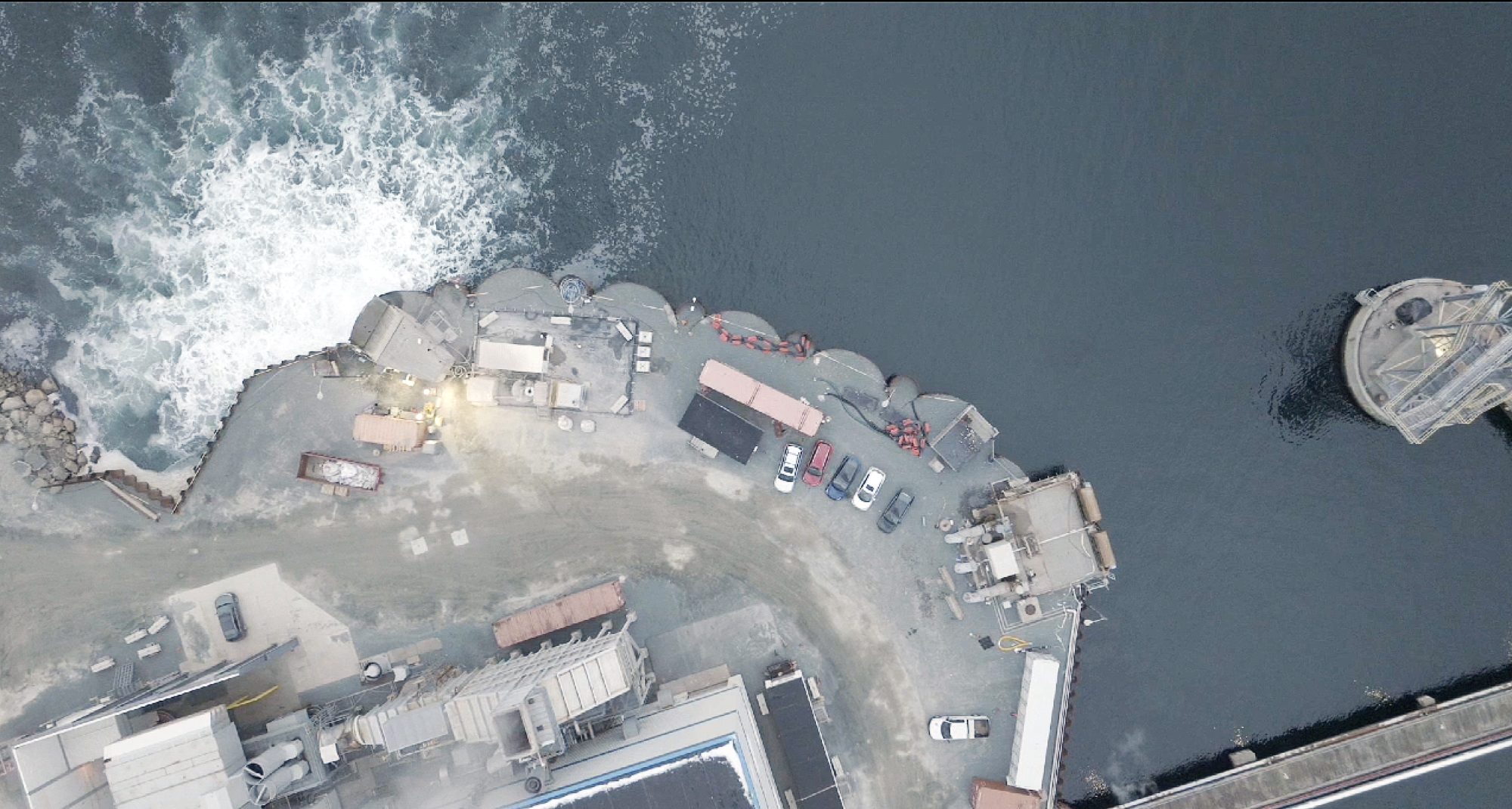British Airways, Stripe and Shopify have purchased what backers say are the first independently verified credits from ocean carbon removal, a mechanism with huge sequestration potential.
“It’s a crucial proof point that this is possible,” said Stacy Kauk, chief science officer at Isometric, the registry that issued the credits.
The credits were generated by a project that added powdered alkaline minerals to cooling water discharged from a power plant into the Halifax, Canada, harbor. The minerals trigger chemical reactions that pull carbon dioxide from the atmosphere and lock it away in bicarbonate ions, which remain stable for tens of thousands of years.
The total removed in this case was small — the three buyers will share 625 credits — but the mechanism has enormous opportunity to grow. The feedstock minerals are inexpensive and widely available in mine wastes and other sources. If scaled globally, a 2023 study concluded, ocean alkalinity enhancement conducted close to coastlines could remove gigatons of CO2. Around 10 Gt of removal will be required annually by 2050 to limit global warming to 1.5 degrees Celsius, according to the IPCC.
First movers
Stripe and Shopify are known for making catalytic investments designed to help scale early-stage removal technologies; both were founding members of Frontier, a buyers’ coalition set up for that purpose. British Airways is newer to this kind of investment. The airline made its purchase through CUR8, a London company that creates carbon removal portfolios for clients. In this case, the $12 million portfolio included future delivery of 7,000 credits from Planetary, developer of the Halifax project.
Credits in the portfolio, which includes biochar, direct air capture and other project types, cost an average of $335 per metric ton of carbon removed, said Marta Krupinska, CUR8’s CEO and co-founder. She noted that much of the current cost of an ocean alkalinity credit comes from the procedures needed to measure, report and verify the quantity of captured carbon. Krupinska expects the total cost to fall by more than 50 percent as project developers gain experience with these processes.
Buyer confidence
If ocean alkalinity credits are to reach a market beyond first-mover companies, project developers will have to win the trust of buyers. One issue will be reliably measuring the amount of carbon removed — a challenging task in an open system such as the ocean.
For the Halifax project, Planetary took samples from the area around the discharge site and used models to estimate the captured c
Read More

